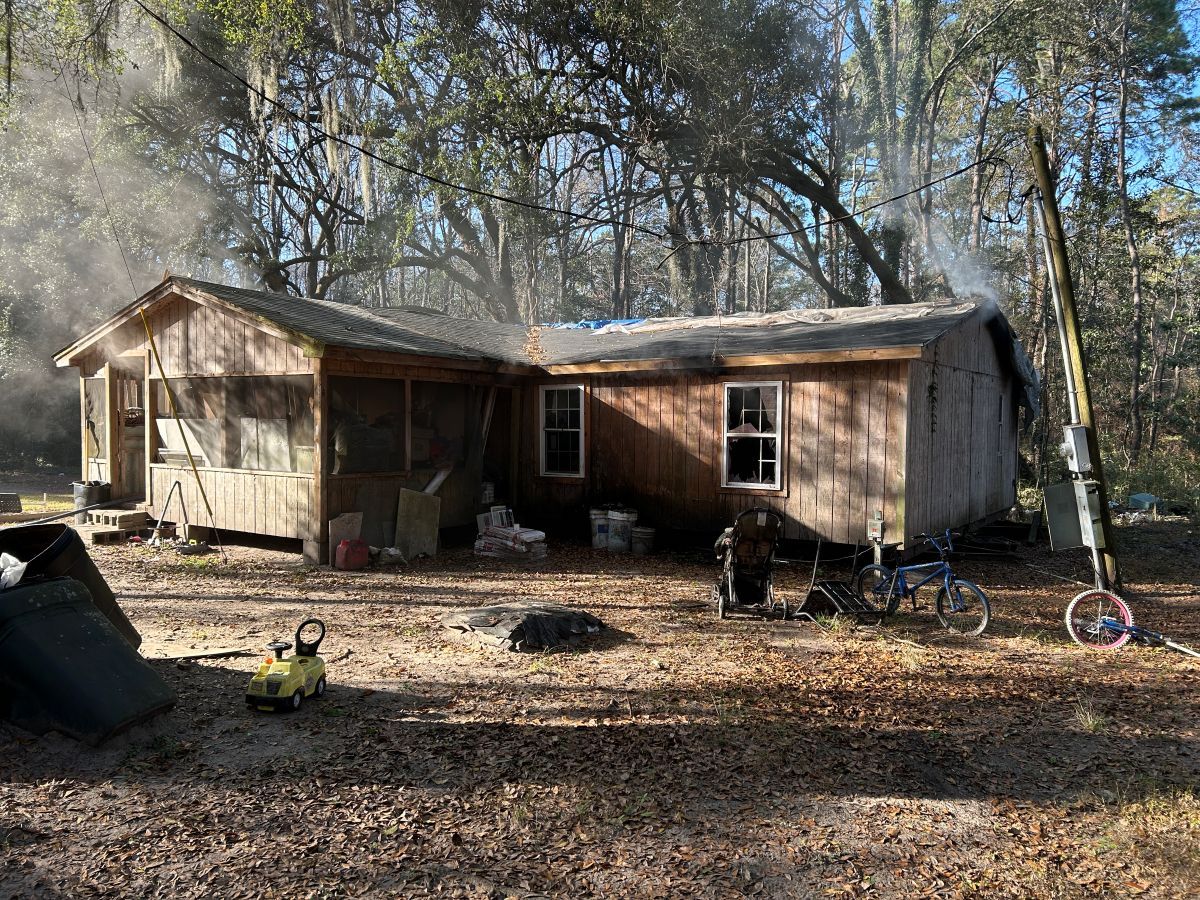The University of South Carolina Beaufort has been awarded a grant of nearly $900,000 by the National Science Foundation to support a statewide initiative to boost advanced materials research and production, build capacity in existing industries and to place more highly skilled workers in high-tech jobs.
The USCB grant, for $898,037, is part of a $20 million, five-year Research Infrastructure Improvement Track-1 award from the NSF to a statewide consortium of 10 institutions of higher education. The goal of the consortium is to position South Carolina as a leader in advanced materials manufacturing and to boost the state’s production capabilities in the field.
The NSF grant will enable the 10 academic institutions, encompassing more than 100 teachers and 600 students, to collaborate on an initiative called the Materials Assembly and Design Excellence in South Carolina or MADE in SC.
USCB’s role in the initiative is to work with faculty and students in the other academic institutions on the computational aspects of the Modeling and Computational Core of the MADE in SC program. The computational core is the foundation of the proposed research. It provides an “integrating focus” for the entire project, according to the MADE in SC website.
USCB will use its federal grant to plan a Master of Science program in Computational Science at the university and to establish a Computational Engineering track of study in the undergraduate Computational Science program. As part of this effort, it will hire three tenure-track Computational Science faculty members, two of whom are to have considerable experience in engineering. With the three new hires, the USCB faculty will have eight Computational Science teachers.
Two of USCB’s Computational Science faculty members, Yiming Ji, Ph.D., and Xuwei Liang, Ph.D., will work with the new members of the Computational Science faculty and undergraduate students to design modeling and testing software to be used for computer-simulated testing and iterative design of new materials, thus speeding up the design process.
The three new faculty members will develop courses and curricula, will teach courses, and will serve as research mentors to students who participate in modeling, simulation and visualization of the Modeling and Computational Core aspects of the initiative. The first new hire will develop and teach undergraduate courses in Computational Science with an engineering emphasis. The latter two will develop new courses and the curriculum for the master’s program.
Ji, the program director for USCB’s participation in the initiative, is a professor of Computational Science and interim chair of the Department of Mathematics and Computational Science at USCB. He is the director of the university’s Computational Science Program. He was named a “Rising Star” by the Office of Research and Graduate Education at the University of South Carolina system in 2010.
The latest NSF grant is the second major funding initiative for Ji and USCB. Before this latest grant, Ji secured more than $1.6 million in grant and education funding, which was used to hire four Computational Science tenure-track faculty members, to establish a Computational Core facility, and to create a Bachelor of Science degree program in Computational Science. More than 100 students are enrolled in the program today.
“I feel very honored by this latest grant,” said Ji. “We are making a significant research contribution to the State of South Carolina. Creating a master’s program in Computational Science at USCB will have a tremendously important impact for many years to come. The long-term impact on our students will be the most important thing.”






